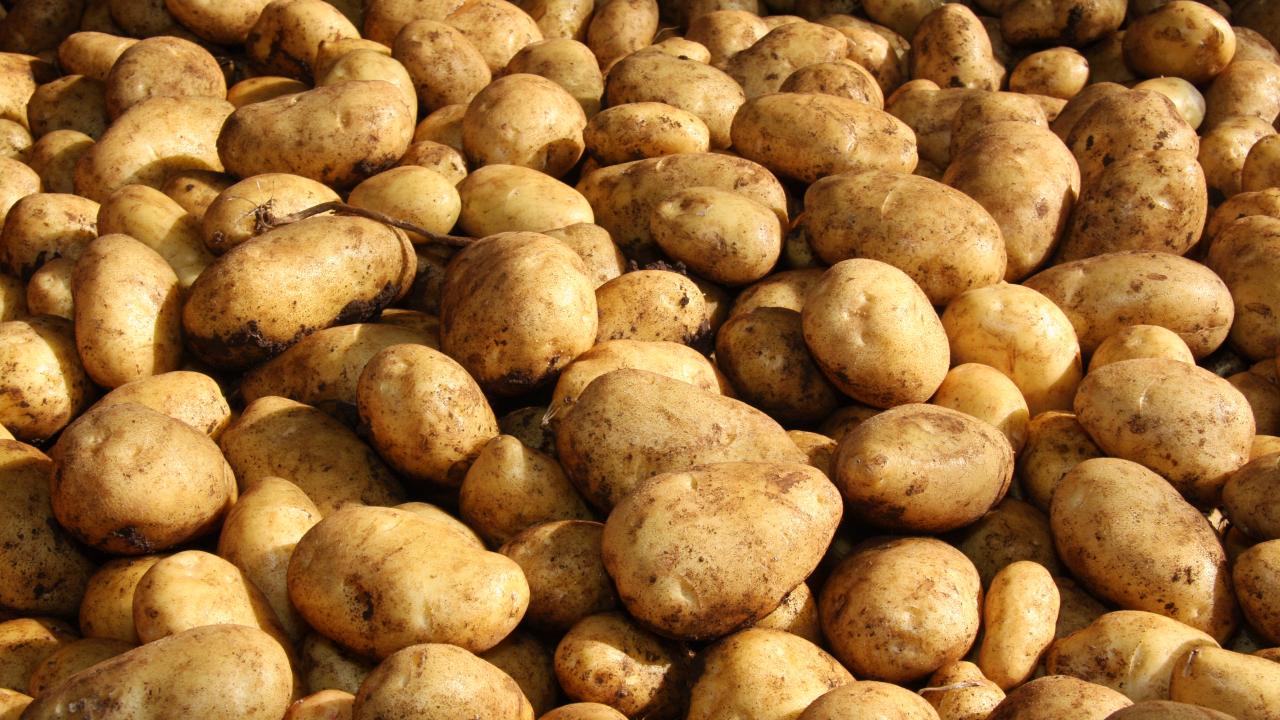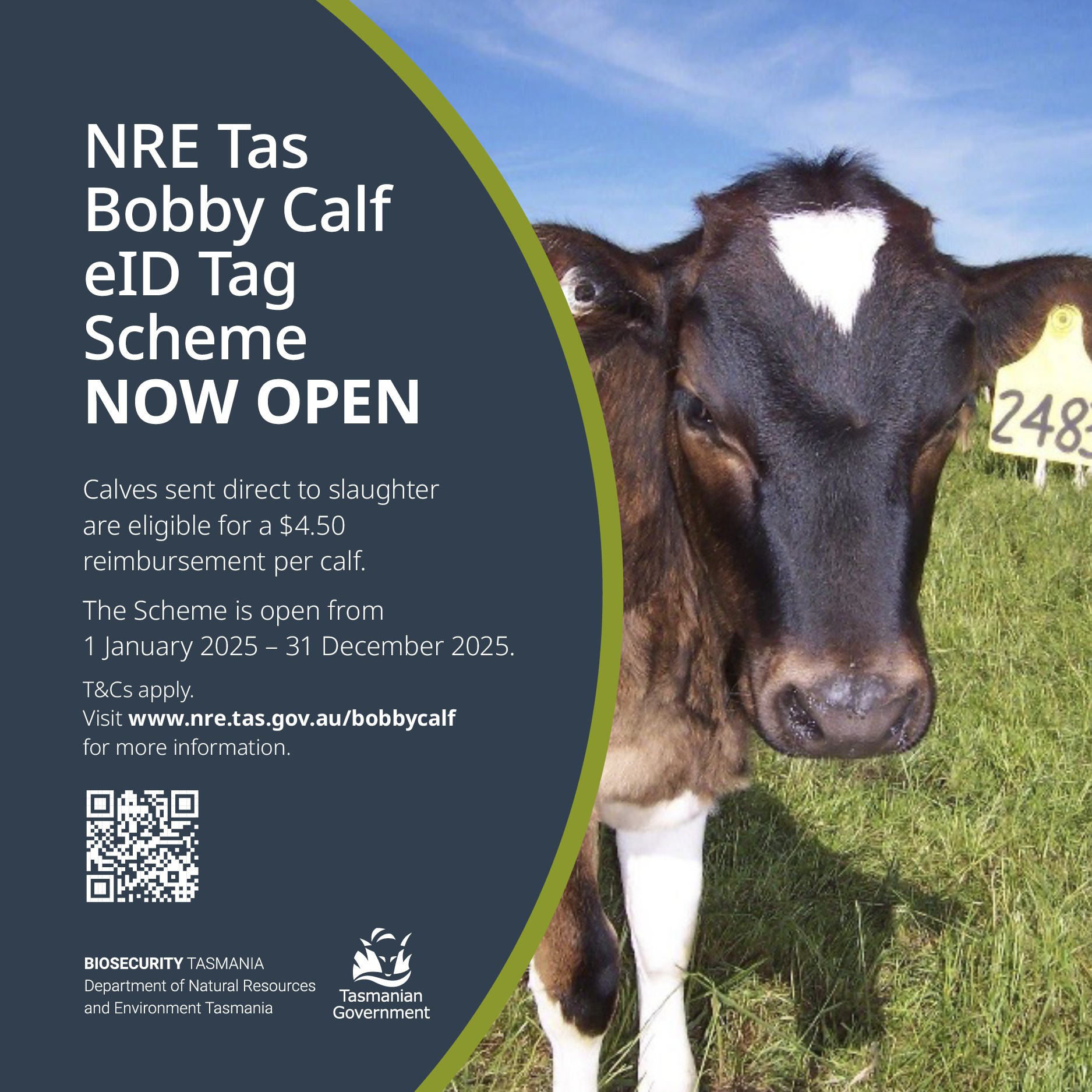'Don't Panic': New Zealand's message to Tasmanian potato growers

A key figure in New Zealand’s response to mop-top virus has urged the state’s potato industry not to panic in the wake of Victoria, South Australia and New South Wales introducing import restrictions on unprocessed spuds from Tasmania.
The disease has so far been detected at eight Tasmanian sites.
The Department of Natural Resources and Environment Tasmania (NRE) said it was continuing to conduct sampling, testing and tracing to understand the disease’s presence in the state and urged anyone who had concerns that they had potatoes with the disease to contact them.
Victoria has put in place a ban on all seed potatoes from Tasmania.
The state has also prohibited other Tasmanian potatoes that are from mop-top-infected sites or linked locations.
New South Wales and South Australia have stricter conditions in place, requiring that all potatoes from Tasmania do not contain any soil or plant material, in addition to a total ban on seed spuds.
Both states have also banned equipment and machinery used on mop-top positive sites and linked locations.
NRE said it was likely other states and territories would impose restrictions on potatoes or farm equipment leaving Tasmania.
New Zealand recorded its first case of mop-top in September 2018 after it was detected at a processing facility on the South Island.
Potatoes New Zealand Technical Manager Iain Kirkwood said the virus had not caused significant issues and that other spud diseases were of higher concern.
“But some of the rotations in Tasmania may make mop-top more problematic, particularly crops which have powdery scab - a vector for the virus,” Dr Kirkwood said.
“Tasmania does have very high soil disease loadings with powdery scab.
“We’ve been getting reports back from processors here that some potato varieties are more susceptible to mop-top than others and that some fields seem to have a higher percentage of it than others.
“That’s probably related to the level of powdery scab in the field.”
Dr Kirkwood said the first thing New Zealand did after the discovery of mop-top was determine whether it was present in its seed potato production lines.
“We were closer to planting season, so we had limited time to survey our seed lines and we didn’t pick it up in any of them.
“After that, we wanted to determine how widespread it was throughout New Zealand.
“So we started a nationwide survey and very quickly realised it had spread all over the country.
“It had obviously been in the country for a number of years, two to three years was the estimate, and it had already spread quite significantly in that time.”
Dr Kirkwood said despite mop-top being found in more seed lines in Tasmania, the outbreak was similar to what happened in New Zealand.
“It’s very difficult to identify in the field and you really can’t see any external symptoms on the tubers - you have to cut the tuber open to really see the symptoms.
“And the other problem we’ve been wrestling with is that mop-top is vectored by the powdery scab and it’s very difficult to separate the impact it’s having on crop yield from powdery scab.”
Mop-top monitoring in New Zealand is currently done by potato processors who cut open tubers.
“Every time a load comes into the factory, they take a sample and do a quality assessment – which includes internal defects,” Dr Kirkwood said.
“There is talk about surveying for the disease again.
“But it’s a costly exercise and right now the feeling in the industry is that it’s not causing significant financial harm to the industry, so it’s not been supported at this stage.”
When the mop-top outbreak occurred, the Ministry of Primary Industries collaborated with Potatoes New Zealand – the peak industry body in the country – on how to respond to the outbreak.
Potatoes New Zealand is now solely responsible for managing mop-top virus.
Dr Kirkwood said his main advice to Tasmanian spud producers was to have good on-farm hygiene practices.
“When we went into the mop-top response, we had a fatalistic approach – we thought it was going to be a disaster for the industry.
“It’s turned out to be far from that.”




Add new comment